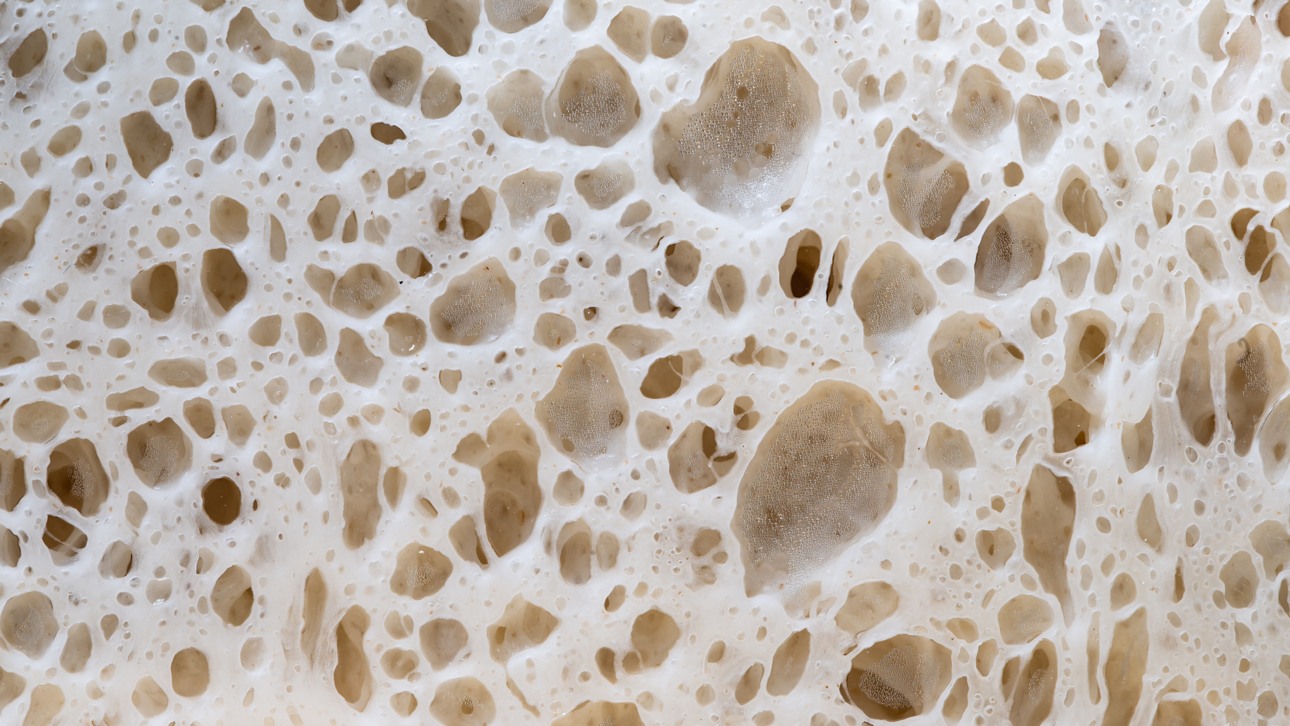
Brewing up a secure yeast economy with recycled phosphorous
Since time immemorial humankind has relied on the fermentation powers of yeast. Yet for all its inconspicuousness, yeast is on the cusp of a novel recycled phosphorus application thanks to collaboration between EasyMining, and Versuchsanstalt der Hefeindustrie e.V – Research Institute for Baker’s Yeast (VH Berlin).
05 May 2021Few reflect much on yeast as a product, apart from disappointment over a dough failing to rise. Yet our foodstuffs such as bread, wine, and beer or our ethanol fuel all rely on yeast’s fermentation ability, converting carbohydrates – sugars and starches – into carbon dioxide (CO2) and ethanol.
VH Berlin, a global association of yeast technologists
Instead, it’s people at Germany’s VH Berlin, like Dr Michael Quantz, General Manager and Dr Erik Pollmann, Applied Scientist, that have dedicated entire scientific careers to yeast. Founded in 1924 as a technical association “to promote science and education in yeast technology”, VH Berlin is a global authority when it comes to yeast science. Its founding was at a time characterized by a major structural change from small-scale to industrial yeast production.
– Yeast is a low-margin product and few producers could afford own R&D facilities back then. That is the background to the formation of the technical association which still holds true today, explained Dr Erik Pollmann.
Industrial yeast production (or perhaps more correctly “propagation”) has grown ever since. So too has VH Berlin’s membership and remit into a global institution complete with own yeast mini plant and accredited research laboratory. Members are found all around the world and span the entire yeast value-chain – from yeast producers, molasses and process material suppliers, technology and equipment suppliers as well as consultants and other research institutions.
– As an accredited lab, we provide a whole range of analytical services both for regulatory and research purposes, for example yeast performance or input raw material screening. With our yeast mini plant, we also perform contract research for individual companies, participate in multi-client or publicly co-funded research projects, said Dr Erik Pollmann.
VH Berlin also organises the annual international VH Yeast Conference (VHYC) to discuss current topics from the fields of industrial baker’s yeast production and fermentation technology.
– Although a bulk-produced product, yeast production is a highly automated process in which nutrients, oxygen and temperature are controlled, and it is quite similar irrespective of where in the world it is produced. Water usage, energy efficiency and phosphorous were some of the topics brought up for discussion at last year’s conference, said Dr Pollmann.
Phosphorous a critical component
While yeast may inconspicuous, phosphorous (P) is arguably one of the most underappreciated essential elements on the periodical table. A well-known component in NPK fertilisers to promote plant growth, vitality and yield, phosphorus is, however, a finite resource. It is extracted primarily from phosphate rock (apatite) which is found in a few deposits around the world.
In Europe, there is a small explored deposit in Finland meaning that the EU is almost completely reliant on imports, something that the EU has recognised adding phosphate rock to its Critical Raw Materials list in 2014.
– Phosphorous is essential not just for yeast but for all forms of life. This makes it a cost externality that the yeast industry is fully exposed to and one that is anticipated by members to increase in the foreseeable future, Dr Pollmann said.
Verify recycled phosphorous as an alternative
Phosphorous is recyclable which is also recognised by the EU with recycling policies under development. Since it is an essential element in all organic lifeforms, it is found in biogenic waste such as animal manure, sewage sludge, bone meal, compost or ash from biomass combustion. Whilst these may be suitable “as is” for land-based recycled phosphorous requirements, other applications require a technical grade phosphorous. It is the latter form that EasyMining can provide, thanks to an innovative chemical process to recover phosphorous that the company has developed.
– Compared to other sectors, the yeast industry may be a niche in terms of phosphorous consumption. Nevertheless, the idea of recycled phosphorus as a raw material was presented at our VH Yeast Conference 2020, and several yeast producers from the audience already asked about availability, purity and of course price point of such a product, Dr Pollmann said.
– Aside from circular economy and environmental aspects, our members want to be prepared and have an alternative ready. This is why we’re so excited here at VH Berlin about our research collaboration with EasyMining. It is the first recycled phosphorous product we’ve come across that, on paper, looks promising for our industry. We want to run a full analysis on the product, produce yeast with it in our plant and then conduct performance tests on the yeast to verify that it is indeed a contender, concluded Dr Erik Pollmann.
For EasyMining, the excitement and sentiment are mutual.
– We’re really looking forward to collaboration with VH Berlin. For us, this opens up an entirely new field of application for recycled phosphorous. It is also an opportunity to demonstrate that our recovery processes can be calibrated to suit the exacting demands for the yeast industry, remarked Dr Sara Stiernström, Product Manager at EasyMining.